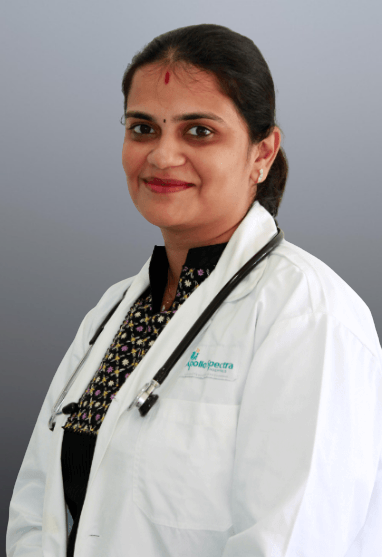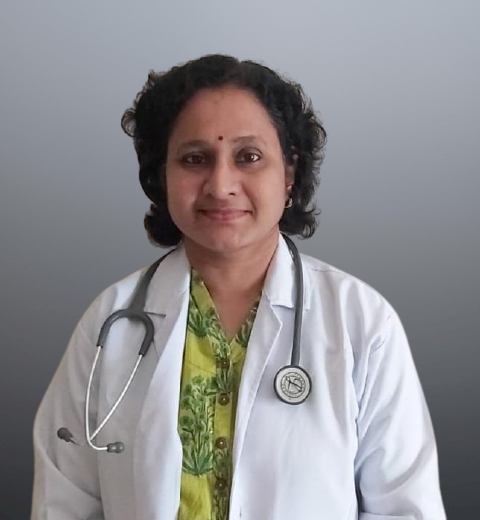Conditions for Which Hysteroscopic Myomectomy is Performed:
Here are the following conditions for why hysteroscopic myomectomy is performed:
-
Heavy Menstrual Bleeding: Fibroids can disrupt the normal menstrual cycle and cause excessive bleeding.
-
Pelvic Pain: Large fibroids can put pressure on surrounding organs and result in chronic pelvic discomfort.
-
Infertility: Fibroids near the uterine lining or cervix can interfere with implantation or block sperm from reaching the egg.
-
Miscarriages: Certain types of fibroids can increase the risk of miscarriages during pregnancy.
-
Urinary Symptoms: Fibroids pressing against the bladder can lead to frequent urination or difficulty emptying the bladder.
How is Hysteroscopic Myomectomy Conducted at Apollo Hospitals in Chennai:
Here is a step-by-step overview of how hysteroscopic myomectomy is conducted:
-
Anaesthesia Administration: The patient will receive either general anaesthesia or local anaesthesia with sedation before the procedure begins.
-
Hysteroscope Insertion: A hysteroscope is gently inserted into the uterus through the vagina and cervix.
-
Visualisation and Evaluation: The hysteroscope allows the doctor to visualise the fibroids and assess their size, location, and characteristics.
-
Fibroid Removal: The doctor carefully removes the fibroids from the uterine lining using specialised instruments.
-
Recovery and Follow-up: After the procedure, patients are monitored for a short period in the recovery room before being discharged. A follow-up appointment is scheduled to monitor progress.
How to Choose the Best Specialist for Hysteroscopic Myomectomy in Chennai:
When choosing a specialist for hysteroscopic myomectomy in Chennai, it is crucial to consider their experience and expertise. Look for highly experienced, skilled, trained, accomplished, adept, proficient, skilful, expert, practised or performed doctors in this specific procedure. Having a specialist with extensive knowledge ensures that you receive safe and effective treatment.
Chennai is renowned for its top-notch medical professionals, including highly experienced hysteroscopic myomectomy doctors. The city attracts skilled specialists who deeply understand complex gynaecological conditions like uterine fibroids. By choosing Chennai as your destination for hysteroscopic myomectomy, you can avail yourself of cutting-edge medical facilities and benefit from the expertise of these specialists.
Why Plan Your Hysteroscopic Myomectomy with Apollo Hospitals?
Plan your hysteroscopic myomectomy with Apollo Hospitals in Chennai for exceptional care and world-class treatment options. To ensure precise diagnosis and efficient treatment, our cutting-edge facility is equipped with cutting-edge technology and innovative equipment. At Apollo Hospitals in Chennai, we prioritise patient comfort while delivering personalised care from highly skilled specialists. Your well-being is our utmost priority throughout your entire medical journey with us.














